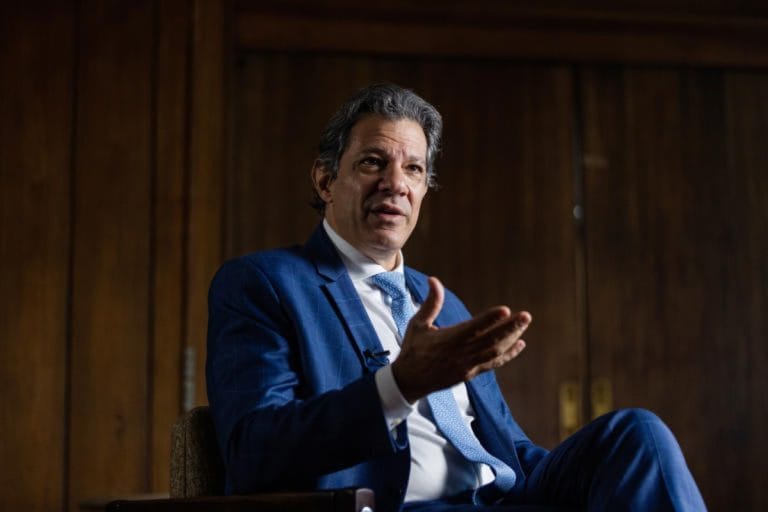🎧 Listen to This Article
In a sharp about-face that underscores the delicate balance between fiscal urgency and market confidence, Brazil’s Finance Ministry has returned a controversial hike in the IOF tax on overseas investments just 24 hours after announcing the measure.
The move to raise the IOF (Tax on Financial Operations) from 0% to 3.5% on outbound investments by Brazilian funds, introduced via executive decree on Thursday, was meant to shore up revenue and help close a widening fiscal gap. But the policy sparked immediate backlash from economists, investors, and even factions within the government who warned that the measure risked being interpreted as a form of capital control.
“Due to the repercussions, we had to be quick with the revision,” Finance Minister Fernando Haddad told reporters in São Paulo. “We understood it was worth reviewing this item to avoid speculation about objectives that are not proper to the Finance Ministry or the government, such as inhibiting foreign investment.”
According to officials familiar with the matter, the IOF hike had blindsided Brazil’s central bank. The monetary authority was not consulted, and sources say the measure ran counter to ongoing efforts to modernize Brazil’s tax code and align with OECD standards. These efforts include simplifying cross-border tax compliance, critical to Brazil’s ambitions of joining the 38-nation OECD bloc.
Markets reacted with unease. The Brazilian real dropped over 1% against the U.S. dollar on Friday morning before rebounding later in the session, buoyed partly by a broader global dollar softening.
By reversing the 3.5% IOF rate on outbound investments by funds and restoring it to zero, the government will forgo approximately 6 billion reais (around $1.05 billion) in projected revenue through 2026. Still, the remaining elements of the tax package remain intact: international credit card transactions, prepaid cards, and pension fund transfers will all face elevated IOF rates of up to 3.95% in some cases.
From a tax planning standpoint, the policy reversal eases immediate concerns for institutional investors and multinational firms with exposure to Brazil. However, it also raises flags about coordination between Brazil’s fiscal and monetary arms and the country’s policy stability more broadly.
“The broader issue is credibility,” said one São Paulo-based tax partner at a global law firm. “Markets will forgive a budget gap. What they won’t tolerate is confusion around whether capital is welcome or not.”
For global tax professionals, the episode is a cautionary tale: in emerging Markets, tax policy is not just a tool for revenue. It is also a signal. And this week, Brazil blinked.
For further details, clarification, contributions, or any concerns regarding this article, please get in touch with us at editorial@tax.news. We value your feedback and are committed to providing accurate and timely information. Please note that our privacy policy will handle all inquiries.



